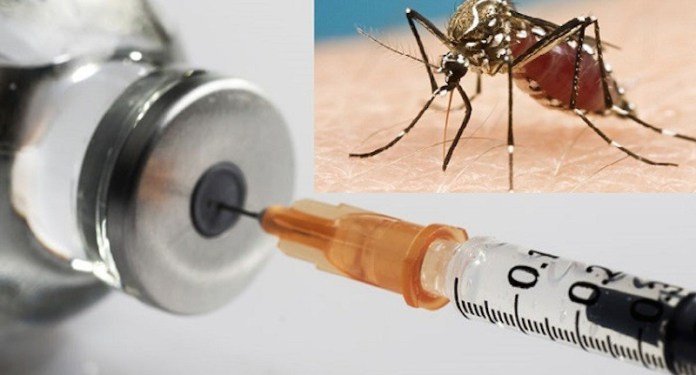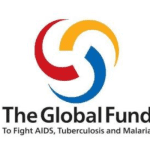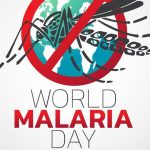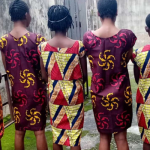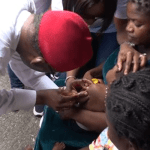TVC N. As the rains intensify, Mrs Grace Adekoya, Chief Public Health Nursing Officer, University College Hospital(UCH), Ibadan, has called on nursing mothers to join government in the fight against malaria.
Adekoya told newsmen on Wednesday in Ibadan that there was usually high transmission of malaria and other communicable diseases during the rainy season.
“Mothers should endeavour to take special care of their babies and children, especially when entrusting them in the care of helpers and daycare attendants.
“Infants should be kitted with appropriate clothing to fight the cold weather and also, the environment should be clean,” she said.
According to Adekoya, malaria is an endemic disease that has been plaguing tropical regions like Nigeria.
She said that the Federal Government and international agencies had spent a lot of money to fight the disease.
The health official said that the primary causes of malaria in both children and adults are the vector anopheles mosquitoes, which breed in stagnant waters in our homes and environments.
“The way our refuse and wastes are managed are also influencing factors that cause the spread of many water-related and air-borne diseases, among which malaria is one of them.
“As a prevention strategy, I advise we make our surroundings clean, as well as ensure there are no weeds and grasses near homes.
“Water tanks should be properly covered because, if not, mosquito larvae will grow on it within three days.
“Also, rain water should be properly covered and not oxygenated.
“We should also ensure proper drainage of used water from the kitchen and toilets so that mosquito breeding through this stagnated water will be avoided,” she said.
Adekoya said that some control measures against malaria would include ensuring the prompt treatment of those having malaria, as well as making sure that no carrier of malaria parasites was left untreated.
On the treatment of malaria, she said: “Treatment of malaria includes its prevention and ensuring that the vector mosquito is avoided or prevented.
“The use of the drug, Artemether, in addition to one or two other anti-malaria drugs, is a recommended effective standard dose by the WHO.
“In very rare cases, malaria leads to cerebral malaria, which is common in children and pregnant women.
“To avoid this from occurring, prophylactic treatment is given to pregnant women prior to delivery.
“We should also ensure that our children and family live in well-netted homes and sleep under treated mosquito nets.
“The best way to treat malaria is by preventing it; if you have been bitten by mosquitoes before going under the nets, it is as good as not having any net prevention,” she said.
According to Adekoya, the UCH had treated 229 malaria cases in children between the ages of one and four, in the Children and Emergency Ward, between August 2016 and February 2017.
She commended the efforts of government at all levels in their intervention strategy to curb and eliminate malaria by distributing free malaria treated mosquito nets.
The expert also called on all stakeholders to join in the fight against malaria through intensified prevention and sensitization mechanisms, especially during the rainy season.

